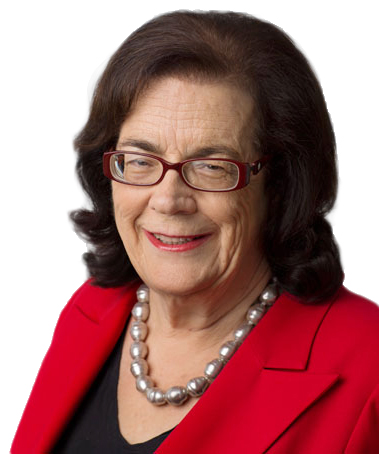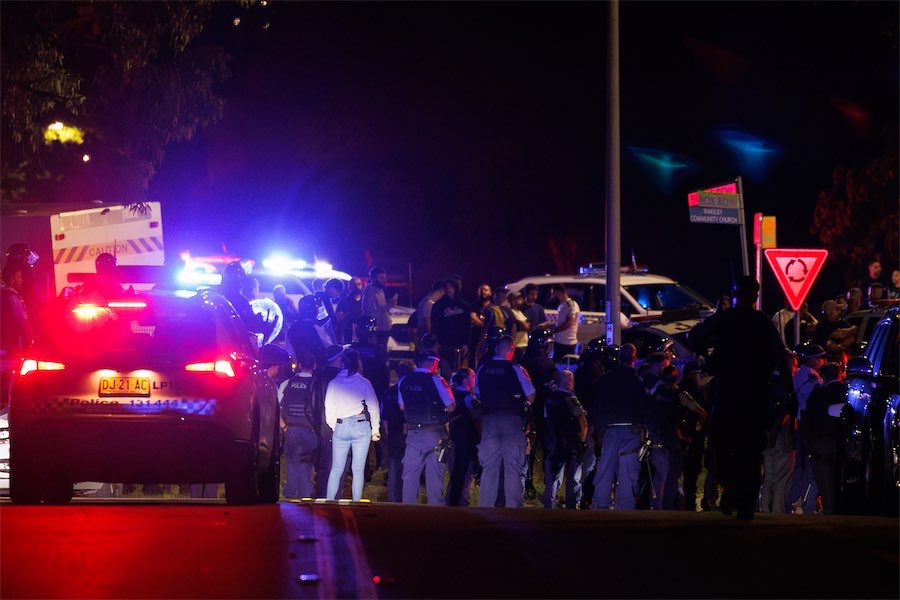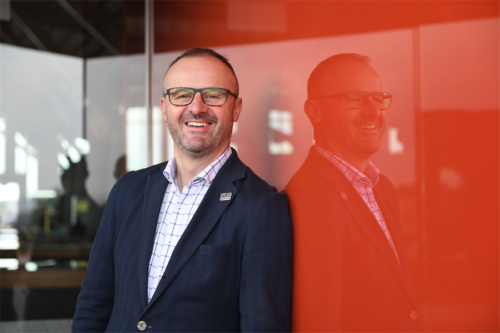Of this, $1 billion will be provided to priority “shovel-ready” projects, with $500 million targeted specifically to road safety works, writes political columnist MICHELLE GRATTAN.
SCOTT Morrison will announce a further $1.5 billion for an immediate start on small infrastructure projects in the government’s latest initiative to spur economic activity.
Of this, $1 billion will be provided to priority “shovel-ready” projects, with $500 million targeted specifically to road safety works.
The projects are nominated by the states and territories.

Addressing a Committee for Economic Development of Australia function this morning (June 15), Morrison will say this means the government will have brought forward or provided extra funding worth $9.3 billion in infrastructure investment in the past eight months.
“As we come out of the COVID crisis, infrastructure can give us the edge that many countries don’t have,” he will say.
Announcing a priority list of 15 major projects being fast tracked for approval under a federal-state bilateral model, he will say these projects and the 66,000 direct and indirect jobs they will support “will be brought to market earlier by targeting a 50 per cent reduction in Commonwealth assessment and approval times for major projects, from an average of 3.5 years to 21 months”.
Anthony Albanese, also speaking to CEDA, will stress the need for “productivity renewal”.
“Our post-coronavirus actions must confront the weaknesses in our pre-coronavirus world,” he will say. “And here, productivity stands out”.
A Labor government would have a productivity renewal project to “lift business investment, lift investment in people and lift investment in critical infrastructure.
“Our goal will be to drive growth through productivity and to drive fairness through growth.”
Meanwhile a poll by the Australian National University has found the most popular COVID-specific measure to help fix Australia’s economic problems would be to spend more on trying to find a vaccine and treatment.
The poll, done in May of more than 3200 people, asked about four Covid-related policies: increasing spending on the search for a vaccine and treatment, opening up pubs, clubs and cafes, extending JobKeeper and JobSeeker payments beyond the current six months, and opening Australia’s borders to tourists and international students. (On Friday the national cabinet agreed to work “to return international students on a small, phased scale through a series of controlled pilots”.)
Asked how much they thought the various measures would help fix Australia’s economic problems, greater spending to pursue a vaccine received 75.6 per cent support, followed by easing restrictions on pubs and the like (71.7 per cent).
Some 57.6 per cent said extending JobKeeper and JobSeeker would help, and nearly half believed unlocking the border would assist.
More money to find a vaccine had strongest support among older people, while extending the payments had the greatest backing among young people. Coalition voters were least likely to back extending JobKeeper and JobSeeker.
Asked about several economic policies that would help to fix Australia’s problems, 82.1 per cent agreed more spending on domestic programs like healthcare, education and housing would do so, 76.7 per cent nominated infrastructure, 59.1 per cent said cutting taxes, and 55.9 per cent backed putting more money into the hands of poor people.
The study concluded that “the strongest predictor of support for these policies … was anxiety and worry regarding COVID-19. Those who were anxious and worried were far less likely to support liberalisation measures (on borders and hospitality) but far more likely to support spending measures (on vaccines and the labour market).
This highlighted a tension.
“To maintain support for some of the physical distancing measures required to maintain low rates of infection, there needs to be some concern regarding COVID-19 and fear of infection if the virus once again gets out of hand.
“However, in order to implement some policies that will help support economic growth into the future, this concern and perceived risk may need to be reduced”.
Michelle Grattan is a professorial fellow at the University of Canberra. This article was originally published on The Conversation.
Who can be trusted?
In a world of spin and confusion, there’s never been a more important time to support independent journalism in Canberra.
If you trust our work online and want to enforce the power of independent voices, I invite you to make a small contribution.
Every dollar of support is invested back into our journalism to help keep citynews.com.au strong and free.
Thank you,
Ian Meikle, editor




Leave a Reply